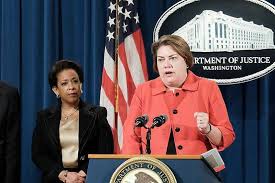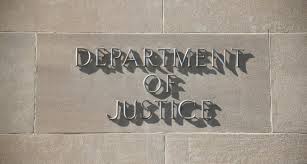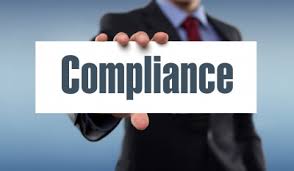New “Guidance” from DOJ on Compliance
 I am a positive person (anyone who has to say that raises doubts). At least I like to think I am. I am not yet sold on the wisdom of DOJ’s hiring of a compliance counsel.
I am a positive person (anyone who has to say that raises doubts). At least I like to think I am. I am not yet sold on the wisdom of DOJ’s hiring of a compliance counsel.
Frankly, I have a lot more respect for the knowledge and experience of line prosecutors at DOJ and their supervisors on this issue – they know and understand compliance perhaps better than anyone.
DOJ prosecutors have seen compliance breakdowns, reviewed remediation plans, and then monitored implementation of enhanced compliance programs. In the end, DOJ line prosecutors have to wonder why DOJ’s leadership hired a compliance counsel with lots of public and political fanfare.
I would have continued to rely on DOJ’s line prosecutors and career employees. After all, they drafted and released the most important compliance document in years – the FCPA Guidance.
With my obvious jaded eye, I was interested in AAG Caldwell’s recent speech outlining expectations on compliance programs. (A copy is here). Frankly, I did not see anything new or exciting in the speech. Indeed, I see the speech as a missed opportunity for DOJ to move company compliance programs in new and more effective directions. To some extent, it makes me think that the DOJ political appointees have not adequately tapped into DOJ’s compliance expertise in various DOJ and US Attorneys’ Offices.
Caldwell actually devotes a great deal of time to rehashing prior themes – compliance is increasing, companies are devoting more attention to the issue, and companies have to avoid “paper programs” that look good at first glance but have little implementation behind the paper policies.
In describing exactly wheat the new compliance counsel is going to be doing, Caldwell outlines various tasks:
- Assess compliance program and test validity of company claims as to compliance
- Thoughtful compliance design and allocation of adequate resources
- Guidance to DOJ prosecutors on appropriate remedial steps
- Review of compliance programs on a global and granular level to ensure effectiveness
One strong and positive statement was Caldwell’s reiteration of DOJ opposition to a compliance defense. The proponents of such a defense have never defined exactly how such a defense would work and have avoided serious concerns that such a defense would raise more problems for a company. Proponents of the compliance defense remind me of Don Quixote, tilting at windmills.
 When it comes down to listing the hallmarks of an effective compliance program, Caldwell’s speech is disappointing and offers nothing new to the compliance dialogue. DOJ’s leadership fails to realize that compliance programs and techniques are constantly evolving. Instead, DOJ embraces the same formula from its 2012 FCPA Guidance without acknowledging corporate compliance efforts to move beyond this definition. DOJ’s political leaders fall far short in promoting new and innovative approaches that companies have embraced in designing and implementing new compliance strategies.
When it comes down to listing the hallmarks of an effective compliance program, Caldwell’s speech is disappointing and offers nothing new to the compliance dialogue. DOJ’s leadership fails to realize that compliance programs and techniques are constantly evolving. Instead, DOJ embraces the same formula from its 2012 FCPA Guidance without acknowledging corporate compliance efforts to move beyond this definition. DOJ’s political leaders fall far short in promoting new and innovative approaches that companies have embraced in designing and implementing new compliance strategies.
DOJ’s political leaders have ignored opportunities, for example:
- Continued empowerment of CCOs in the corporate boardroom, in the C-Suite and in the company’s organizational structure;
- New compliance focus on corporate culture, measurement of corporate culture, and promotion of company culture as an effective control against corporate misconduct;
- Technological advances in the design of operating systems to promote compliance functions and leverage existing resources;
- Innovative approaches to training programs, measurement of effectiveness of training and interesting and accessible training techniques; and
- Improvement in internal investigation systems, monitoring of employee concerns, and development of new approaches to encourage and respond to employee concerns in a timely and responsive manner.















2 Responses
[…] Source: blog.volkovlaw.com […]
[…] Source: blog.volkovlaw.com […]